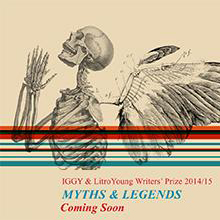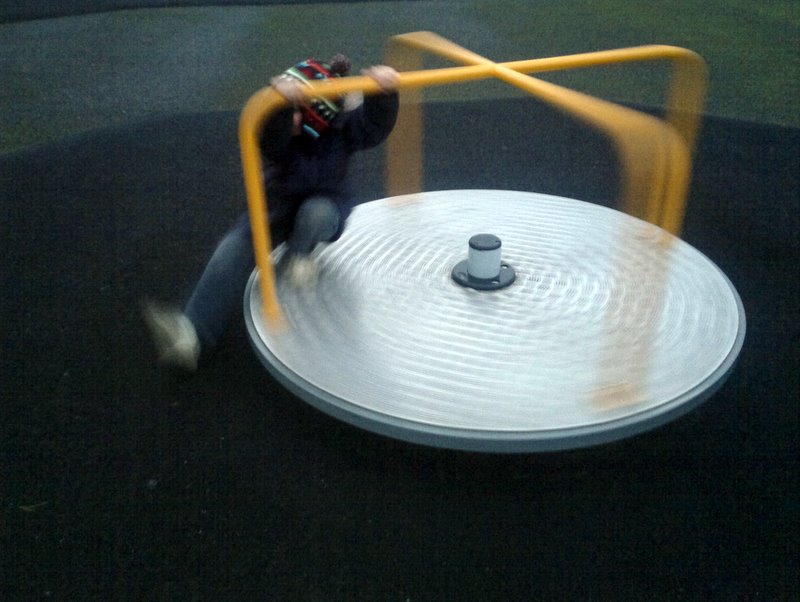You have no items in your cart. Want to get some nice things?
Go shopping
When I sat down this morning, I had no idea what I was going to write. The cursor blinked mockingly at me on an empty white page and I was doing anything I could to avoid sitting in front of that screen – making cups of tea, letting the dog in and out of the house and rushing to the door to greet the postman in my pyjamas. The urge to check Facebook was overwhelming and the desire just to go back to bed was even greater. I was just about ready to give up.
The symptoms all add to one thing – a classic case of writer’s block and, for many of us, it’s an all too common occurrence. We know we have the ideas and skills to be a writer but sometimes, for whatever reason, the words just won’t flow and the magic refuses to happen. Writer’s block is maddening and the longer you let it build up and leave the page blank, the more difficult it gets to overcome. But before you throw your pen down in frustration, take comfort – you are not alone. Writer’s block has affected all of us at some point and, as a result, there is a whole wealth of resources and exercises to help. Although some of these tasks might seem pointless, the most important thing to remember is that writers write. Avoiding your journal and procrastinating wildly might seem like a good idea at the time but it won’t get you very far. Even if you are writing something completely off topic from your story, at least you are writing. As Stephen King said: “the scariest moment is always just before you start [writing]. After that, things can only get better.” So, with that in mind, try some of the following methods below and see if you can get a creative boost.
Write One Leaf
The Method: Write One Leaf is a prompt blog for struggling writers. Two or three times a day, a prompt for writing is posted and then you are encouraged to write a passage inspired by that prompt. Write your ‘leaf’ anywhere – in your journal, in a letter, on your pillowcase – the point is to get writing!
Does it work? Today, the prompts posted are write one leaf about either ‘Google Plus’, ‘How Hot is Too Hot’ or ‘Midnight Movies’. As I have no idea what Google Plus is, I pass over that one in favour of the remaining two. I choose ‘Midnight Movies’ as I’ve already written a piece about extreme heat recently, and I feel that would be cheating! Midnight Movies is an interesting one; I’m instantly thinking of retro Drive-In Cinemas in the States, teenage romances underneath the stars and slightly seedy characters who only come out at night. I write a short paragraph and, whilst it is not my finest work, my imagination has at last kicked into action, albeit a little sluggishly.
One Word
The Method: When you first log in, you wouldn’t be blamed for thinking that the One Word website was some sort of game – it certainly sets you a challenge! When you click the ‘go’ button, a word will appear on the screen, with an empty text box underneath. You have exactly 60 seconds to write about that word. The trick is not to overcomplicate things – don’t think, just write!
Does it work? I love the pressure of this website. Beneath your text box, there is a little timer bar which fills up as the seconds go by. Unlike Write One Leaf, you can’t ‘um’ and ‘ah’ over which prompt you might pick and the 60 second time limit adds an urgency which the prompt blog was missing. Having said that, rather than helping you to begin your next best-seller, the pressure may just induce you to produce a load of old gobbledegook in your panic to fill the textbox with words. My one word was ‘mean’ and as the timer neared the end of the 60 seconds, I was desperately typing sentences that didn’t even make sense just to get the task done.
First and Last Sentence
The Method: First and Last Sentence was an exercise I used during a creative writing seminar. Find any fiction book, preferably one with which you are unfamiliar and open it on a random page (if you don’t have any books to hand, you can find texts published online on sites like Project Gutenberg). Take the first sentence of any paragraph from your book and then the last sentence and write them down with a big gap in the middle. You’ve guessed it – fill in the gap you’ve left and try to write something that links the first sentence to the last.
Does it work? Even though you are using someone else’s sentences, you’ll be surprised how different your passage is to theirs. I picked up some sentences from The Secret Adversary by Agatha Christie and I actually ended up writing a poem! The reason this method works is that, often, beginning a piece is the hardest part, closely followed by ending a story: by providing you with an opening sentence as well as a closing one, it gives you a bit of direction and helps you come up with a story.
Did any of these methods work for you or did they just frustrate you even more? I think the important thing to remember when trying out writer’s block exercises is that you aren’t going to produce eloquent, fantastic fiction when you use them. Instead, they are catalysts for our creativity: they aim to recreate that buzz we get when we are motivated and just can’t tear ourselves away from our writing. So, go on, what are you waiting for? Sit down, pick up your pen and just write – hopefully you’ll find you’re on your way to beating the block once and for all.




